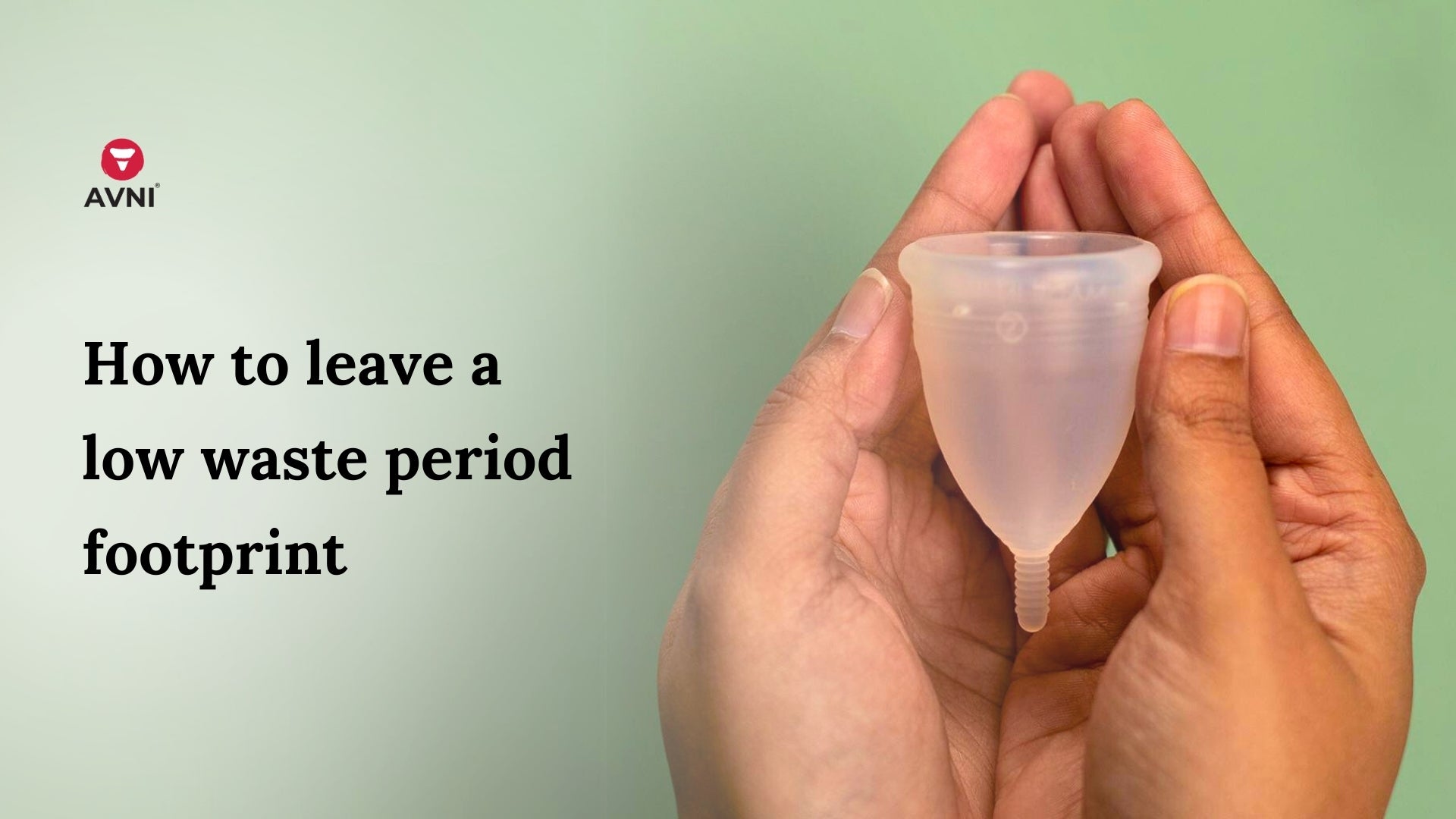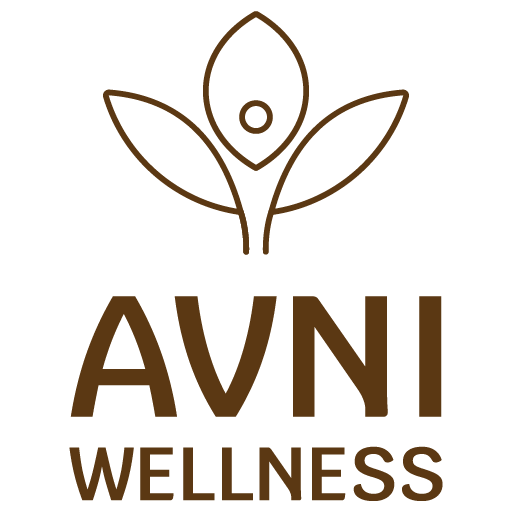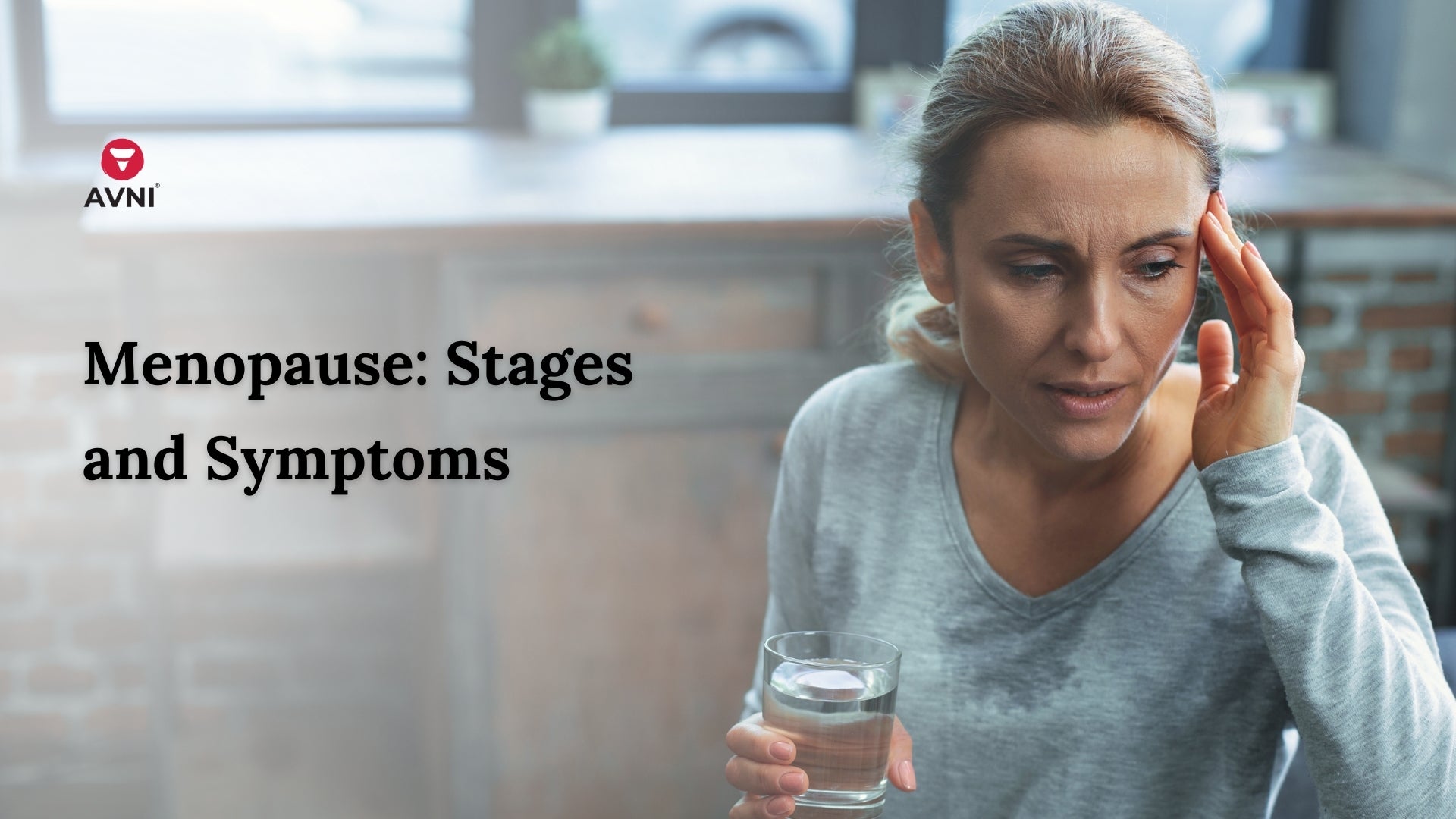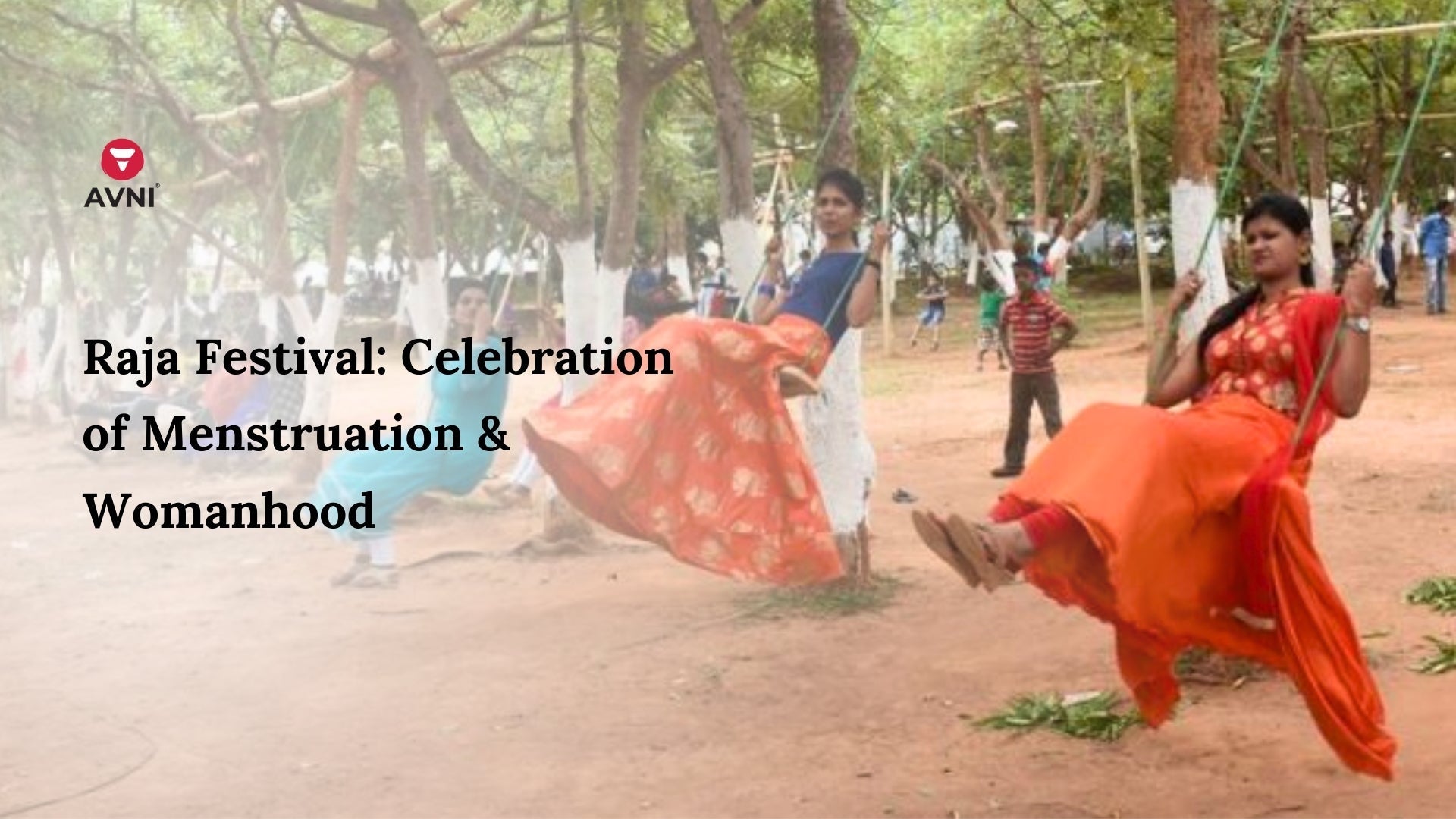
How to leave a low waste period footprint
Sustainable living, eco-friendly, organic, zero waste - we all are aware, today, of how important it is to practice them for planet protection. Switching to a zero waste lifestyle also means investing in sustainable period products and reducing landfill waste.
Why sustainable periods? Because stats reveal that every menstruating person uses approximately 5-15 thousand pads or tampons in her lifetime. These products are generally made of plastic, dyes, toxins, bleaches and synthetic fibres that end up as period waste in landfill. And they do not degrade. Not only do they harm the environment and leave a carbon footprint but also have a cumulative impact on your pocket and well being.
Zero waste period products are both economical and ecological. Reusable cloth pads, menstrual cups, period panties and organic tampons are what we need for a comfortable sustainable switch. Periods are different for all. One size fits all formula doesn't apply here. So, choose and switch to what is best for your health, what you feel comfortable in and fits your pocket as well.
Adapting to sustainable menstrual products takes minutes for a few, days for some and months for many others. Practice and patience is the key for a comfortable switch. Take a look at these zero waste period products and make your sustainable choice.

Cloth Pads
Cloth pads look like famous disposable period pads but these are totally reusable. Made from natural fibres, these pads are available in various shapes and sizes. You can pick the right size and shape according to your flow and the type of panties preferred.
Unlike disposable pads, cloth pads can be washed and reused. These are safer alternatives to otherwise disposable pads that add tons of non-degradable waste to landfill each passing moment. Once worn out, these pads can be composed. Just remember to scrape off its synthetic fibres layer.
Just like regular pads have wings that stick, cloth pads are designed with wings too but with a snapping closure button to fit to the underwear. After every use, rinse out the blood, wash like regular lingerie, hang to dry and they are ready for the next use. Cloth pads are the simplest form of zero waste product and are extremely easy to use.
Period Panties
Yes, they exist. Period panties are mindfully designed to keep bodily comfort in place and environment sustainability in mind. These menstrual undies look just like regular underwear, with a lining sewn inside to absorb the menstrual flow. These are as good as cloth pads that are washable and reusable. Just rinse off the blood and they are as good for a machine wash.
Period panties are a zero waste alternative as they can be used again and again. Since disposing of them is still a question unanswered, be mindful of buying the ones that are offered in organic, eco-friendly fabrics. These undies are comfortable, anti-bacterial, odourless and provide protection like any other menstrual product, but with zero waste promise. That's definitely a plus to go ahead with!
Menstrual Cups
If it's about leaving zero waste period footprint, menstrual cups definitely deserve a spotlight. Nothing can be as sustainable as these little silicone cups, designed to contain the blood flow inside the cup. No leaks. Yes, once you master the technique of cup placement inside your vagina. These cups can be used for as long as 12 hours in a stretch. The usability and time period totally varies from person to person.
Made from medical grade silicone, menstrual cups are highly cost effective, comfortable and help in saving tons of period waste that goes in the landfill. Availables in different sizes, choose the one that fits you. This may require research and testing to get your hands on the best suitable size.
Inserting a foreign object inside your vagina sounds a little scary but once you get the hang of it, it becomes a go-to choice. Usage instructions generally come along with the product. Simply wash your hands clean both before insertion and removal of the cup. It is recommended to sterilize the cup at first use and boil it after each period for complete sanitation.
Organic Tampons
Well, tampons raise quite some eyebrows when mentioned under a sustainable period product. But thanks to companies manufacturing organic, disposable tampons. Cotton tampons are biodegradable and compostable in nature. What separates them from regular tampons is that they are not covered in plastic covers, normally known as tampon covers. Both the tampon and the applicator are made of recyclable material, with not even a hint of plastic, synthetic or dye.
The trick is to find the right tampon that is 100% cotton and certified as compostable. Simply use and dispose in your backyard. Cotton composition makes the tampon including wrapper and applicator, to degrade easily. It's hygienic, effective and permits zero waste usage.
Conversations surrounding the menstrual cycle are still heard in whispers globally. However, what matters is your choice and how you go about it. If going zero waste is your way of practicing sustainability, then be it. Make it happen. Pick a product that suits your body and fits the budget. Organic is sustainable. The transition from regular to zero waste is easier, safer and economical in the long run.
Non compostable tampons and pads only add tons of waste to landfill each year. Further, plastic and synthetic materials take around 500-800 years to decompose. Ecological imbalance is no hoax. Make an informed choice. Zero waste period products can actually lower the carbon footprint and make the menstrual cycle more sustainable.



Leave a comment
This site is protected by hCaptcha and the hCaptcha Privacy Policy and Terms of Service apply.